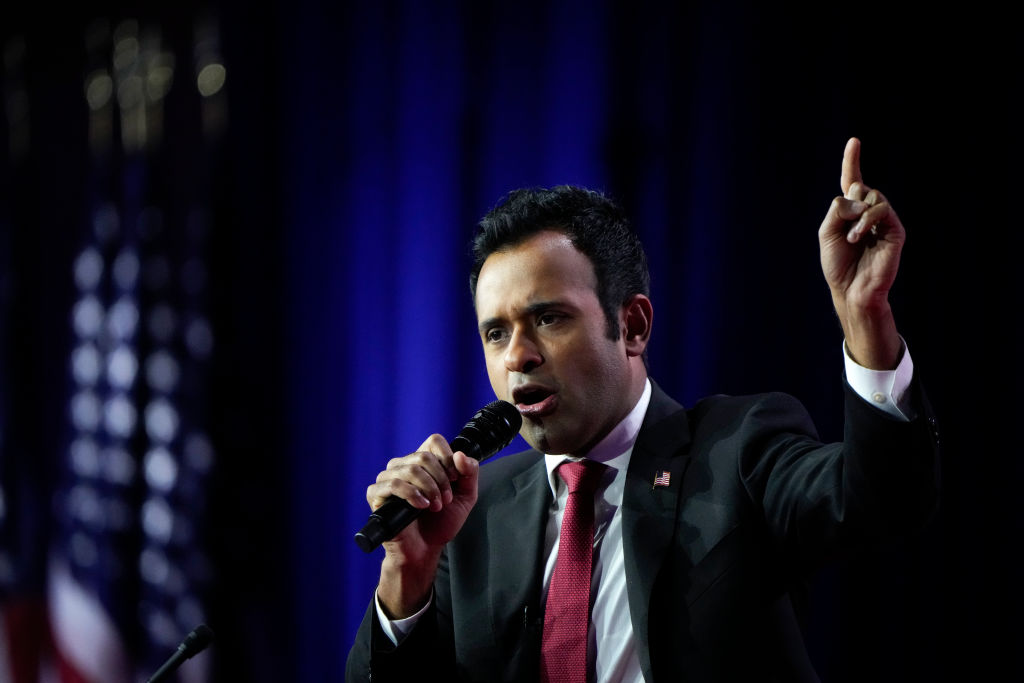Republican presidential candidate Vivek Ramaswamy is making waves within the GOP for his unconventional stance on drug policy. Contrary to many in his party, Ramaswamy is publicly promoting the decriminalization, and eventual legalization, of many hard drugs.
During his campaign trail, the prevalent fentanyl crisis and the broader “war on drugs” have been focal points for Ramaswamy. At a Free State Project event in New Hampshire, he stated, “You don’t hear me talk about the war on drugs. I’m not a war on drugs person.”
Ramaswamy has shown openness towards the idea of providing “off ramps” for people to legally access hard drugs, including psychedelics ranging from ayahuasca to ketamine.
Addressing the plight of veterans and individuals with PTSD, Ramaswamy believes that safer drug alternatives could prevent tragic fentanyl-related deaths. He said, “I’m eyes wide open and willing to be bold in crossing boundaries we haven’t yet crossed to address the demand side of this as well.” Expanding on this, Ramaswamy believes that “decriminalization, serially, is an important part of the long run solution here.”
Ramaswamy also emphasizes the need to use the U.S. military to counter Mexican drug cartels, which he claims facilitate the fentanyl trade.
On the “Liberty Lockdown” podcast, Ramaswamy reiterated his novel approach to the drug dilemma. Instead of being an advocate for the war on drugs, he is more inclined towards a phased decriminalization leading to legalization for several drugs. He underscores the dangers of fentanyl, terming it a poison often unwittingly consumed with the intended drug. Ramaswamy advocates for safer alternatives, stating, “Many veterans are dying of fentanyl. I think fewer would be dying if there was access to ayahuasca, if there was access, legal access, to psychedelics more broadly.” Further, he believes marijuana too “should be decriminalized.”
However, the road to drug decriminalization isn’t free from critiques. Detractors often cite Portugal’s experience as a cautionary tale. Since Portugal decriminalized all drug use in 2001, it reportedly grappled with surges in crime, increased drug-related litter, growing homeless encampments, and a spike in overdose rates.
When questioned on these concerns, Ramaswamy’s campaign commented that the existing state-level ‘legalization’ is paradoxical and contributes to a lawbreaking culture: “For us to pretend otherwise only undermines the rule of law in this country. For that reason, Vivek is in favor of federal legalization of marijuana.”













